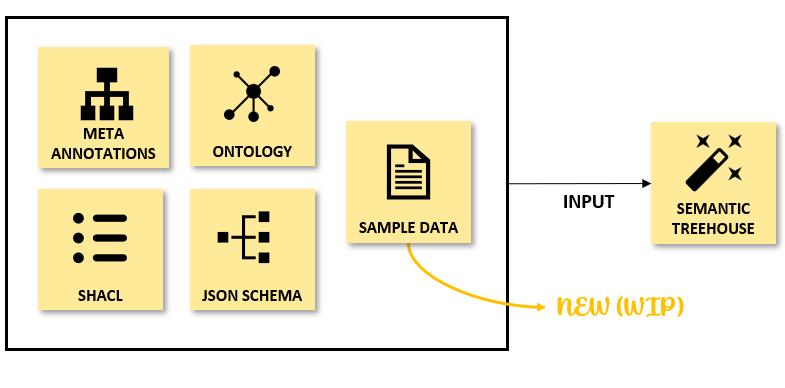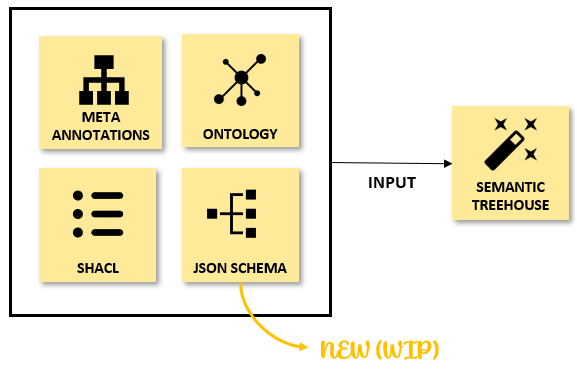From legislation to digital product passports
The call for a more transparent and sustainable economy is loud and clear. We want to know where products come from, what they are made of, and how we can responsibly reuse them. Digital Product Passports (DPPs) are essential for this: they give each product its own passport detailing its lifecycle. The European Union is strongly committed to DPPs to encourage more sustainable choices. However, practical implementation is challenging and complex. Products travel the globe, through supply chains with numerous actors and diverse IT systems. How do we ensure that the data in a DPP in Spain is as usable and understandable as it is in the Netherlands or Vietnam? We need a "common language", a standard that ensures everyone interprets the same information in the same way. Without such a language, a DPP is like a product instruction manual in a language you don't speak. You see the words, but the instructions are lost on you.
The need for practical implementations of DPPs is precisely what we are addressing within our work, and we are addressing it from multiple perspectives. For instance, we have established a DPP Semantic Treehouse environment – https://dpp.vocabulary-hub.eu/ – which serves as the hub where the 'common language' for all product types can be hosted, managed, and shared. Beyond this environment, we are actively engaged in various projects, developing features to simplify the process of creating DPPs. But how does that work? Let's dive into it!

